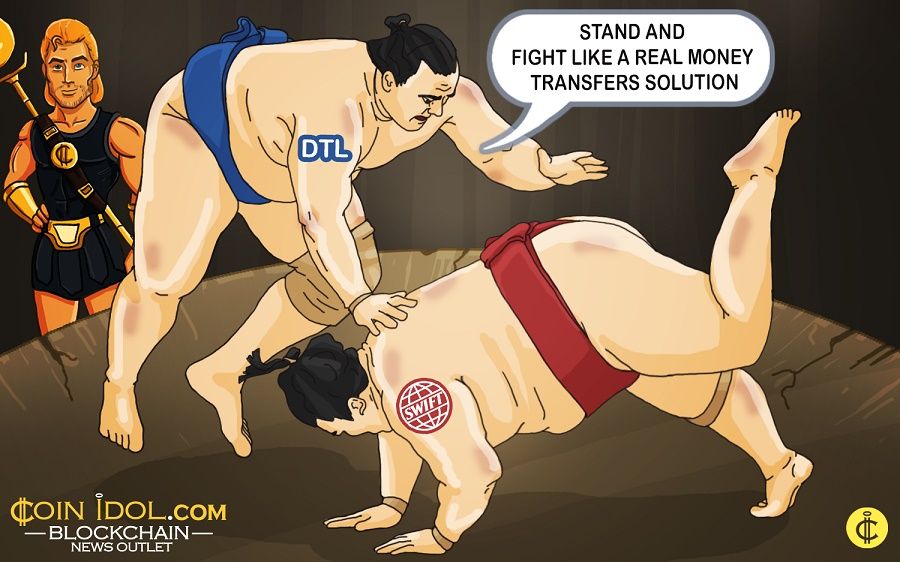Can DLT Solutions Compete with SWIFT?

Banks are looking forward to implementing new technologies for changing and improving the existing payment systems.
Qatar Commercial Bank has completed their blockchain-based pilot for international money transfers.
Ripple strives to provide a new DLT solution ambitiously aimed at competing with the world-known system
Swift.
A Good Intrabank Network
Fintech enthusiasts might look forward to the implementation of new solutions which could potentially change the whole payments industry, but there still are a lot of questions about the actual aspects of usage for such solutions.
Crypto community experts mostly share the opinion that there are pros and cons in the implementation of such solutions for conducting money transfers through banks. Thomas McAlister, a principal consultant at
Bankcoin Reserve Pty Ltd, the Founder of Digital Mining Corporation Australia, believes that “technically speaking there is no reason why a bank cannot add a hybrid payments system (crypto exchange) in order to offer their customers the optional ability to move efficiently and instantly any day of the week.”
On the other hand, he states that while the system might be a quite convenient solution for conducting transactions inside the network of a single bank, there might be some difficulties while trying to develop it for global transactions. Mr. McAlister stated to Coinidol:
“When it comes to interbank transfers from branch to branch without any other message service confirmation third party such as Swift. If banks were to start looking at this as a conversion process of a digital dollar only to re-encrypt it to become network compatible, all the issues fall to the wayside.”
DLT is not Blockchain
Another cryptocurrency expert, Simon Dixon, the CEO of
BnkToTheFuture.com, states that there is a huge misunderstanding. He told Coinidol:
“While their new technology using shared databases may help the bank, it's important for such banks to understand that they are not using Blockchains. If they were using a Blockchain, there is only one tested and secure one right now called Bitcoin and Bitcoin is a way to transfer value globally without a bank. Satoshi Nakamoto defined a Blockchain in his white paper and this is not a Blockchain.”

Mr. Dixon also said that “while shared databases may improve their payment systems, the regulators will soon require them to slow everything down as the inefficiencies in banking are rarely technical ones, but compliance ones as well as banks wanting to own technology incomparable with other banks so they have the competitive advantage.”
Swift is Not Afraid of Competition
Having more than 30 years of experience in payments, Swift is not concerned about its young competitors, even if their solutions are fresh and new. Indeed, it is hard to believe there will ever be a competitor this payment giant will not be able to withstand. The system is deeply embedded in banks’ IT infrastructures, products, and services offered to their clients.
Paula Roels, currently Director at
Deutsche Bank, formerly VP at
JPMorgan and staff member in charge of standards’ development at
Swift, stated to Coinidol:
“I personally believe Ripple is, in fact, offering “an” alternative (especially for small value, high volume payments), leveraging new technology with clearly great potential. However, the “settlement” still requires the banks to maintain account with each other (enabling settlement in commercial bank money).”

She also stated that “Ripple’s biggest disadvantage is that the technology is still considered “immature”, its reach is very limited, the majority of practitioners are still in a “sand-box”.” Besides, “Swift from Frankfurt to Mexico takes less than 7 sec – a Ripple payment for an amount of ie EUR 5MM requires either cash on the account or a credit line as it does for payments initiated via Swift.”
Price
Coin expert
Price
Price
Price

(0 comments)